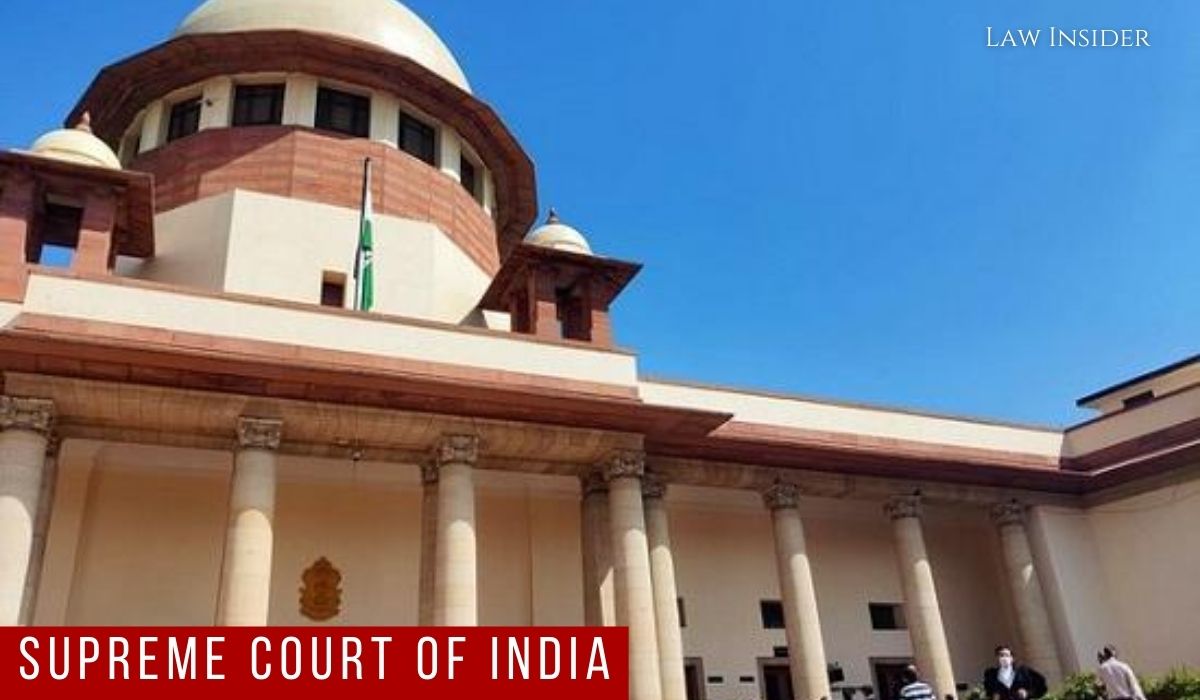Savvy Thakur
Published on: 12 November 2022 at 15:26 IST
The Supreme Court noted that the decision of the State Government not to recommend the new B.Ed. It cannot be said that colleges are chosen based on need.
The bench of Justices MR Shah and MM Sundresh observed that the State Government must include the need or requirement whenever it is required to provide detailed reasons against the grant of recognition along with the necessary statistics.
To accommodate more students, Nalanda College of Education in Dehradun applied to the Northern Regional Committee of the National Council for Teachers Education (NCTE). In accordance with the 2014 NCTE Regulations, the State Government was asked for its opinion.
According to the state government, approximately 13,000 B.Ed. graduates are graduating. course annually against the requirement of 2500 teachers, resulting in the majority of B.Ed. graduates.
As a result, the State Government concluded that B.Ed. should not receive additional recognition courses. The State’s decision was overturned by the Uttarakhand High Court, which granted the College’s writ petition. The State approached the Supreme Court to challenge this order.
The State argued in front of the Supreme Court that it had made a deliberate policy decision not to recognize the new Colleges for B.Ed. course, not to increase the B.Ed.’s intake capacity for legitimate motives. The State was also supported by NCTE.
Applying the Supreme Court’s decision in Vidharbha Sikshan Vyawasthapak Mahasangh v. State of Maharashtra & Others (1986), the bench stated that the High Court had made a serious error by ruling that the decision not to recommend for the new B.Ed.
The court stated that the State is well within its rights to make appropriate recommendations in accordance with the NCTE Regulations.
“The need and/or requirement are included when the State Government is required to provide specific reasons for rejecting recognition along with the necessary statistics. As a result, the State Government had every right to recommend or opine that the new B.Ed. should not receive additional recognition.”
In contrast to the requirement for 2500 teachers annually, colleges would admit approximately 13000 students annually, resulting in unemployment for the remaining students.
The High Court’s observations and findings indicate that the aforementioned decision cannot be considered arbitrary. It can be said that the need of the new colleges looking at the requirement was a relevant consideration in the decision not to recommend the new B.Ed. for further recognition.
“Colleges on the basis of need cannot be said to be arbitrary,” the bench said when it granted the appeal.

